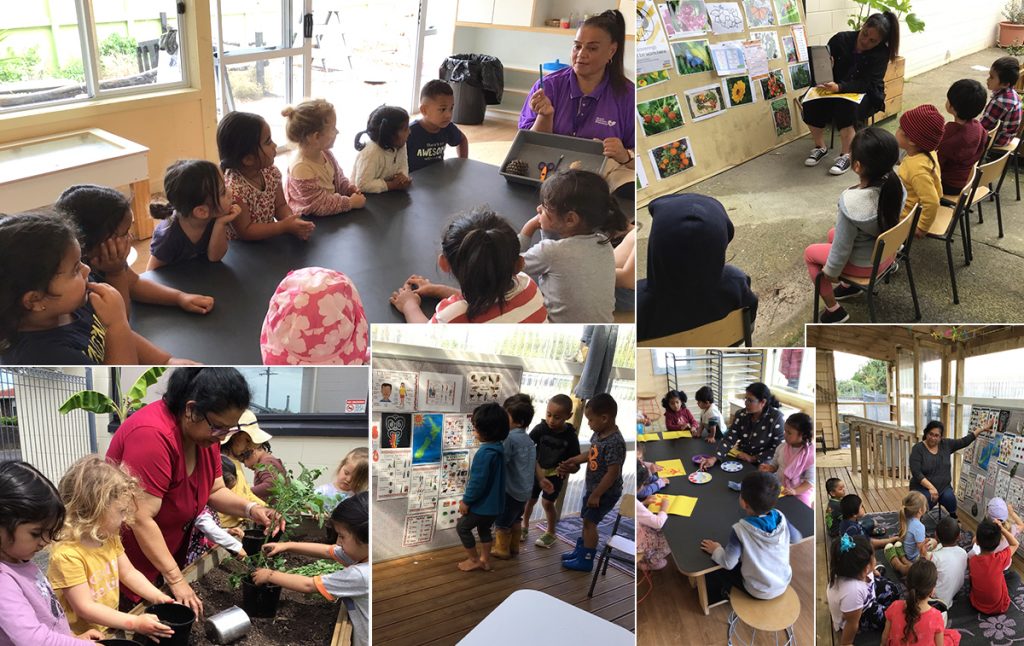
How to Praise & Encourage your Children at Home
What if I told you that parents who praise their preschool-aged children at least five times a day see a boost in their child’s overall wellbeing?
A recent study by the British Psychological Society proved this. The study discovered that from the time children are in kindergarten. They have less hyperactivity, less inattention and better behaviour and wellbeing when they’re praised on five occasions each day.
This goes to show that the simple cost-effective intervention can be life-changing for our kids. But you might be wondering two things:
“What’s the right way to praise my child?” and “Won’t the childcare centre staff be doing lots of this anyway?“
Also Read This- 5 Healthy Habits That Improve Kids’ Mental and Emotional Health
When it comes to praise, the more the better. This means relying on early childhood education is simply not enough. When you praise your child at home, you do the powerful act of shaping who they will become in just a few minutes a day.
So, here are two types of praise that you can start using at home right now:
Process Praise is a way to recognise your child’s good choices or hard work. When the teachers at Grace Preschool do this it sometimes sounds like: “well done!” “I like the way you tried to draw that, instead of giving up.” “Great! I can see you’ve been practising!“
The reason Process Praise is powerful is because it can inspire our kids to keep working even when their task becomes tough. This will help them succeed when they’re faced with difficult tasks at their childcare centre. And will help them to overcome the obstacles they’ll face throughout life.
The second type of praise you can start using at home is ‘Prosocial Praise.’
Prosocial Praise will help your children to start identifying acceptable habits they should use in early childhood education. It will also help them to develop great people skills for later in life.
At home, this might look like: “I’ve dropped something. Do you think you can help me pick that up?” “Thank you. You’re such a wonderful helper.“
Also Read This- How To Boost Your Child’s Brain Development And Learning
It’s been proven that young children who receive prosocial praise go on to help others twice as much as kids who did not receive the same guidance. This is because prosocial praise tells our kids which behaviours are beneficial for themselves and those around them.
It’s also a chance to show children positive behaviours they may not learn in Preschool or Kindergarten.
Instead, these behaviours might be specific to their home. Those are the two types of praise.
In one scenario, we are using praise to help our child build the perseverance needed to overcome obstacles throughout life (Process Praise). In the second scenario, we’re helping them to develop positive valuable life-long habits. (Prosocial Praise).
Our teachers pay close attention to this at Grace Preschool. In fact, when kids start to spot the different ways they can get praise, they purposefully start to showcase these positive behaviours. And we encourage parents to continue this practice at home. Because the praise we give on a daily basis shape who our children become. Praise leads to better health, higher levels of happiness and even higher academic achievement.
When the ACU in Australia tracked the academic performance of 2,600 children. They found that when teachers have expectations of kids, kids live up to them. They also found that when parents expected their children to do poorly, they did poorly.
Also Read This- Choosing the Right Childcare in West Auckland (Avondale, Blackhouse Bay, Glen Eden, Kelston, New Lynn)
The solution? Communicating with our children through praise every single day. But is there such a thing as too much praise? Thankfully, there isn’t. We’re pretty sure the world has it cut out for our kids already.
So there’s absolutely nothing wrong with being your child’s number one supporter (as long as the praise you give is real and genuine). And our staff can’t wait to be right there with you, supporting you and your child every step of the way.

